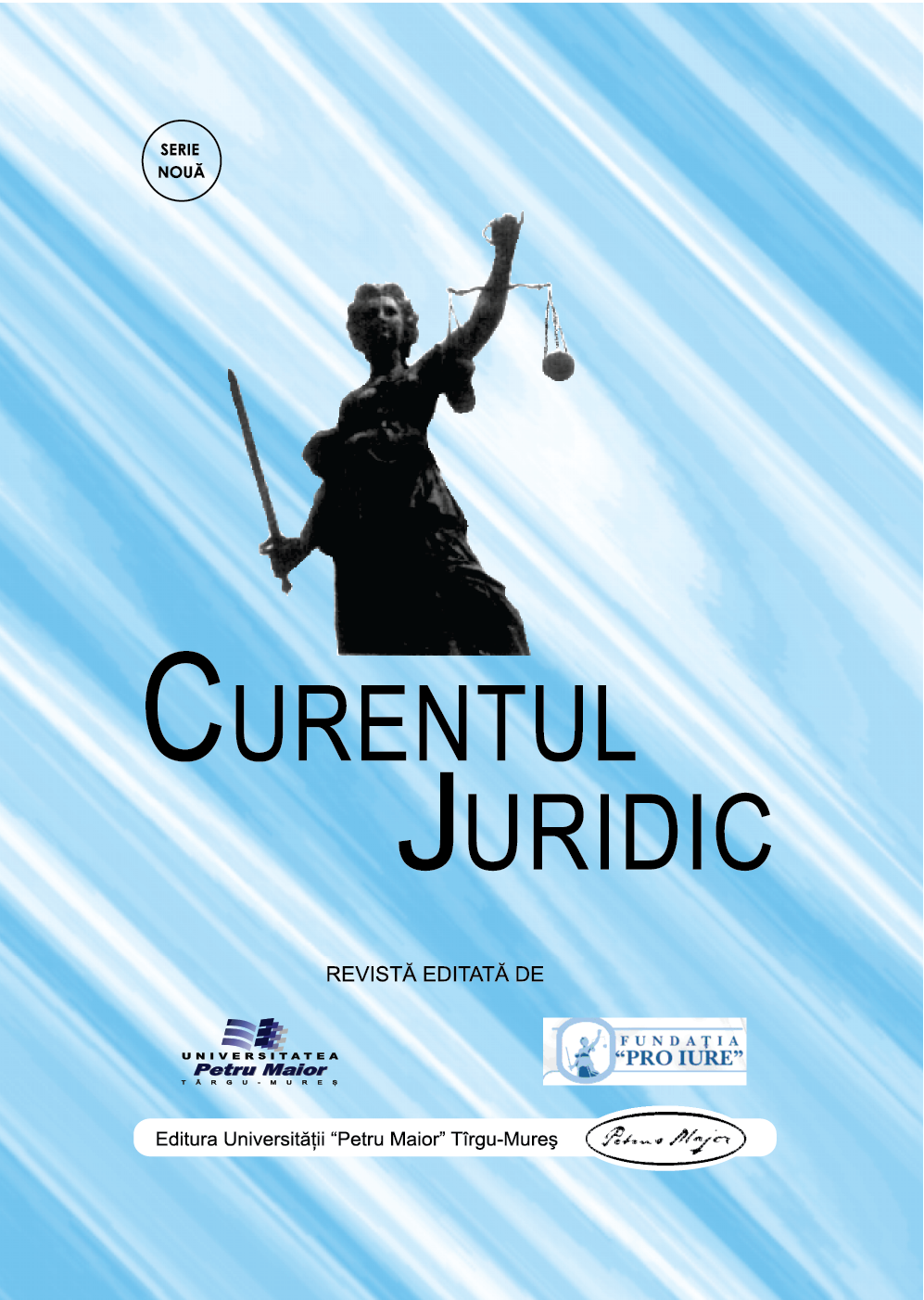THE DECENTRALIZATION AND PERCEPTION OF CORRUPTION. THE CASE OF MONTENEGRO
THE DECENTRALIZATION AND PERCEPTION OF CORRUPTION. THE CASE OF MONTENEGRO
Author(s): Constantin PlamadealaSubject(s): Law, Constitution, Jurisprudence, Criminal Law
Published by: Editura University Press, Universitatea de Medicina, Farmacie, Stiinte si Tehnologie “George Emil Palade” din Targu Mures
Keywords: Corruption; decentralization; Montenegro; population;
Summary/Abstract: Corruption and perception of corruption can be seen as a cultural phenomenon because it depends on how society understands the rules and what constitutes a deviation. The level of awareness of corruption can be more devastating than the corruption itself. It creates a "culture of distrust" for some institutions and can create a cultural tradition of promoting corruption. In particular, the abuse of public office and resources for private interests and corruption within political parties and the election process is considered one of the country's largest anti-corruption challenges. The purpose of this article is to organize the current knowledge of decentralization and corruption and to analyze the perception of Montenegro's population on corruption. This article also describes decentralization by recognizing the population through empirical research.
Journal: Curentul Juridic
- Issue Year: 95/2023
- Issue No: 4
- Page Range: 144-157
- Page Count: 14
- Language: English

